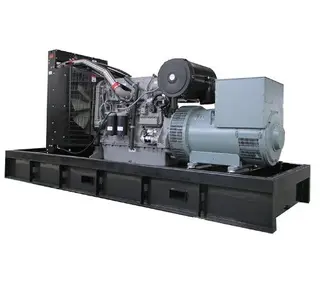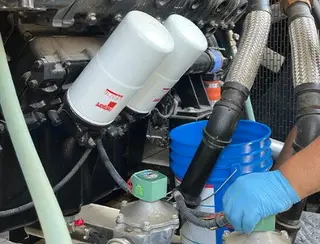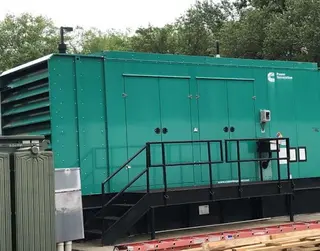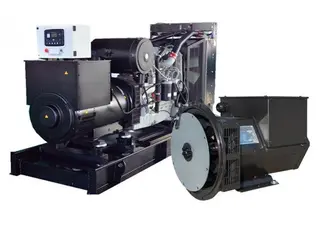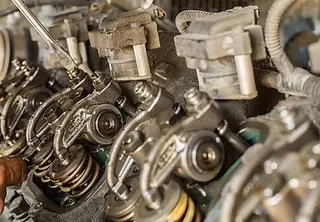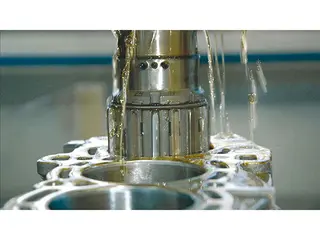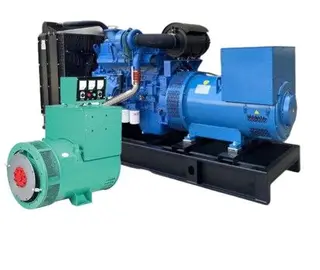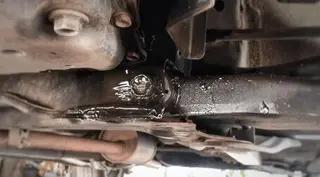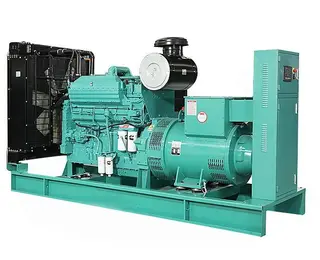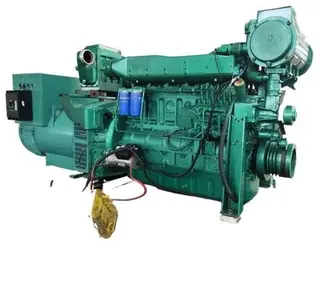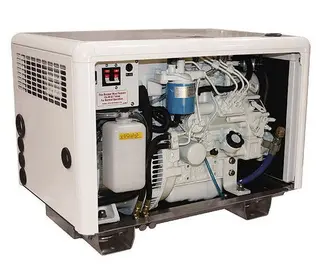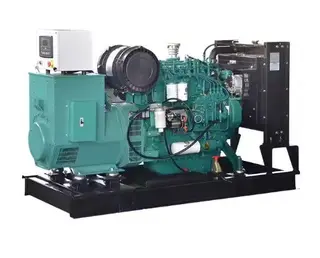Abnormal Operating Conditions in Large Generator Sets
As the power industry continues to grow rapidly, especially with the increasing capacity of large generator sets, the role and importance of generator sets in the power system have become increasingly significant. Large generators are not only core equipment for power supply but also play a crucial role in the stable operation of the power system, the quality of electricity supply, and the long-term operation of equipment. However, with the continuous increase in generator capacity, the operating...

